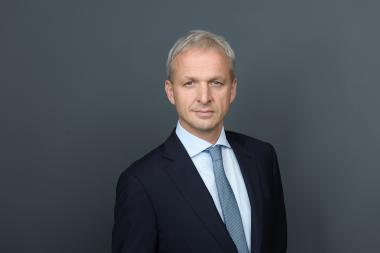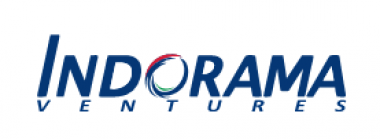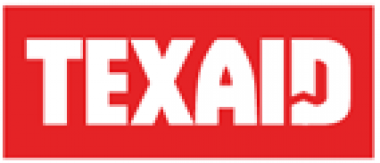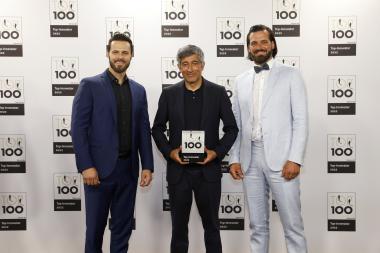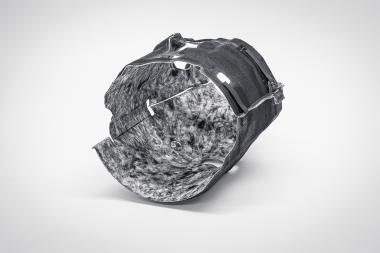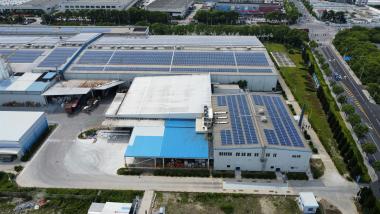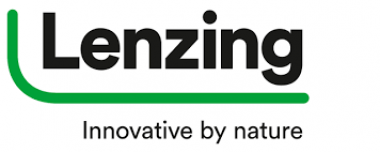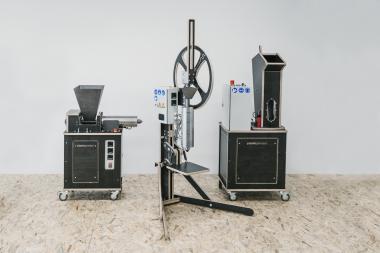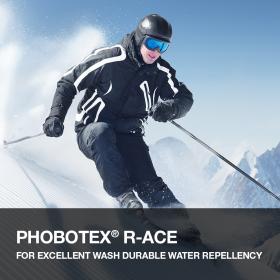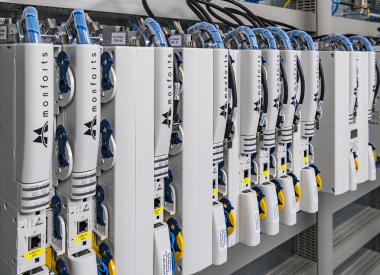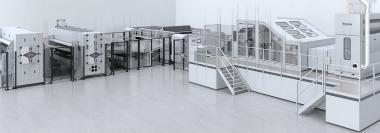Gregoire Poux-Guillaume new CEO of AkzoNobel
AkzoNobel has announced that Gregoire Poux-Guillaume will become the company’s new Chief Executive Officer (CEO) as of November 1, 2022.
He will succeed Thierry Vanlancker, who has been CEO and member of the Board of Management since 2017, and whose term of office is coming to an end.
Gregoire (52), a French national, is an international business leader with 25 years of experience. He has a distinguished track record of building successful, profitable businesses in challenging environments, accelerating business growth and improving margins.
Previous roles include CEO of Sulzer, CEO of GE Grid Solutions (previously Alstom Grid) and Senior Managing Director of CVC Capital Partners.
AkzoNobel
AkzoNobel


